Eating fewer calories will make me lose weight.

calories are not created equal
That must be true, right? After all, a calorie is a calorie, no?
Sadly, it really isn’t this simple. Many of us do eat much more than we need to enjoy a healthy life and cutting back is often a good idea but there’s much more to losing or gaining weight than the number of calories you ingest. Many factors including what types of food, the timing of meals and snacks, your body’s hormonal reaction to the different food groups, your exercise and sleep patterns, play a part in determining how much fat your body stores.
Consider the evidence. We all know somebody who diets like crazy but is still overweight and we all know somebody who eats everything in sight and remains skinny. If two people can eat the same number of calories and one gains weight while the other loses, it’s safe to say that reducing calories is not a guaranteed way to lose weight.
If I exercise a lot, it doesn’t matter what I eat
All by itself, exercise is great. Regular exercise will reduce the risk of chronic disease, improve bone, muscle, skin and brain health and release endorphins that make you happy. Everybody should exercise regularly!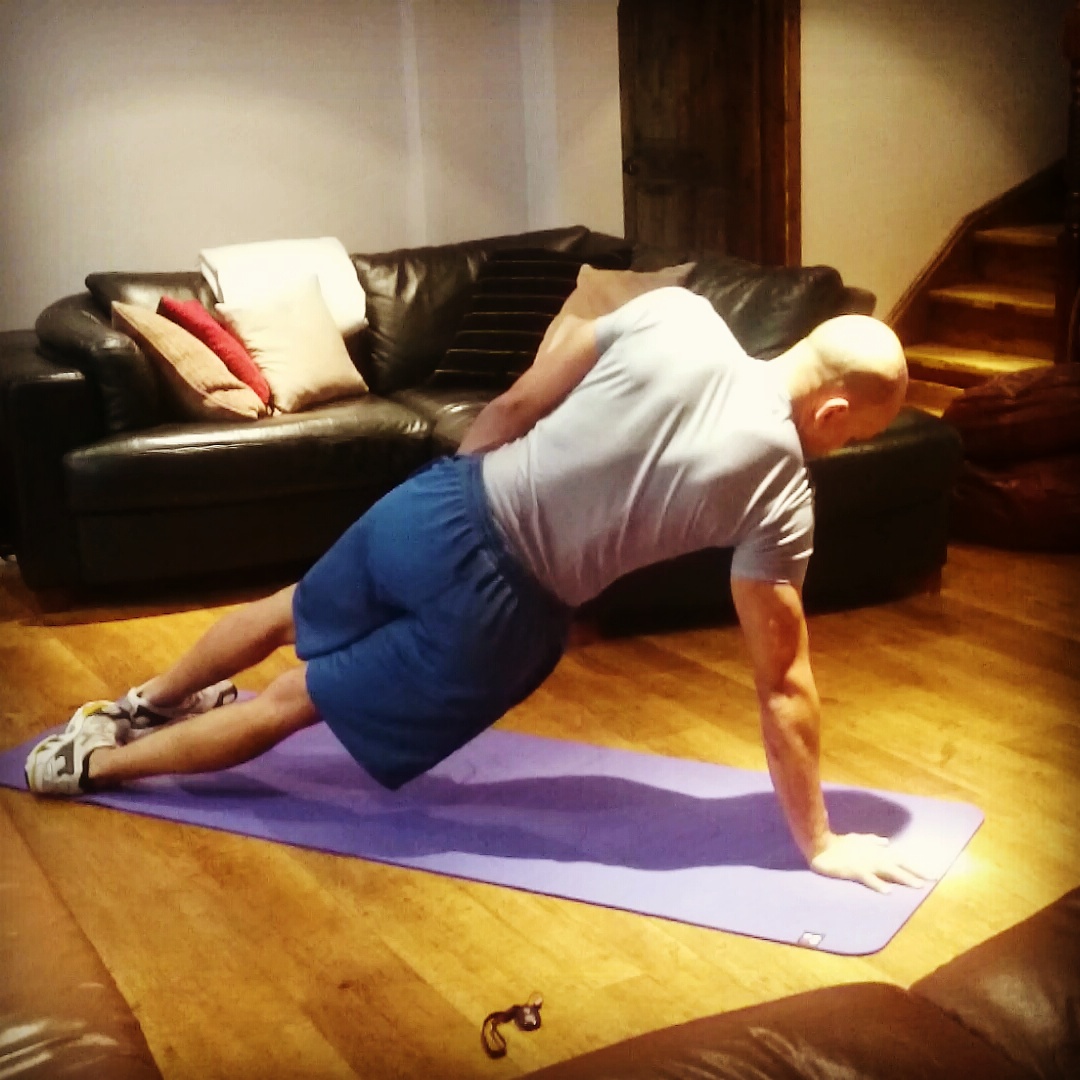
Having said that, not all exercise leads to weight-loss. Resistance exercise should lead to muscle-gain and with poor nutritional choices, there will be no fat-loss and so the net result will be weight-gain. For perspective, some of the world’s hardest working and strongest athletes are sumo wrestlers* and they exercise hard daily but do not lose any weight due to their diet.
Exercise boosts your metabolism which stimulates your appetite. At this point, good nutrition choices are key to losing or gaining weight. If your primary goal is to lose body-fat, then your nutrition is far more important than your exercise regime.
*A note about sumo wrestlers. They are often used as an example of ‘healthy obese’ and it is true that while they are in the period of their life where they train hard for their sport, they remain healthy despite being technically morbidly obese. The problem is that when they retire from their sport, they quickly develop all the health problems associated with obesity and here the idea of ‘healthy obese’ fails.
All I need to lose weight is will-power
Uh. . . Sorry, no!
Don’t get me wrong, will-power helps, but so many people stick faithfully to diet after diet, plan after plan and just don’t lose significant weight. They usually get off to a good start as any regulation of your nutrition is better than just eating everything and anything and so they lose weight for the first few weeks. After this honeymoon period, their bodies adjust to the new regime and before they know it, the weight creeps back on and they’re suffering the restrictions of the regime with no measurable benefits. There have been many studies into the long-term benefits of dieting and they universally returned the same verdict; dieters regain any initial weight-loss and more.
Will-power is not enough. You also need to truly understand what’s going on in your body in relation to what and when you eat, how and when you exercise and even how long and when you sleep. OR you need to get the help of somebody who does.
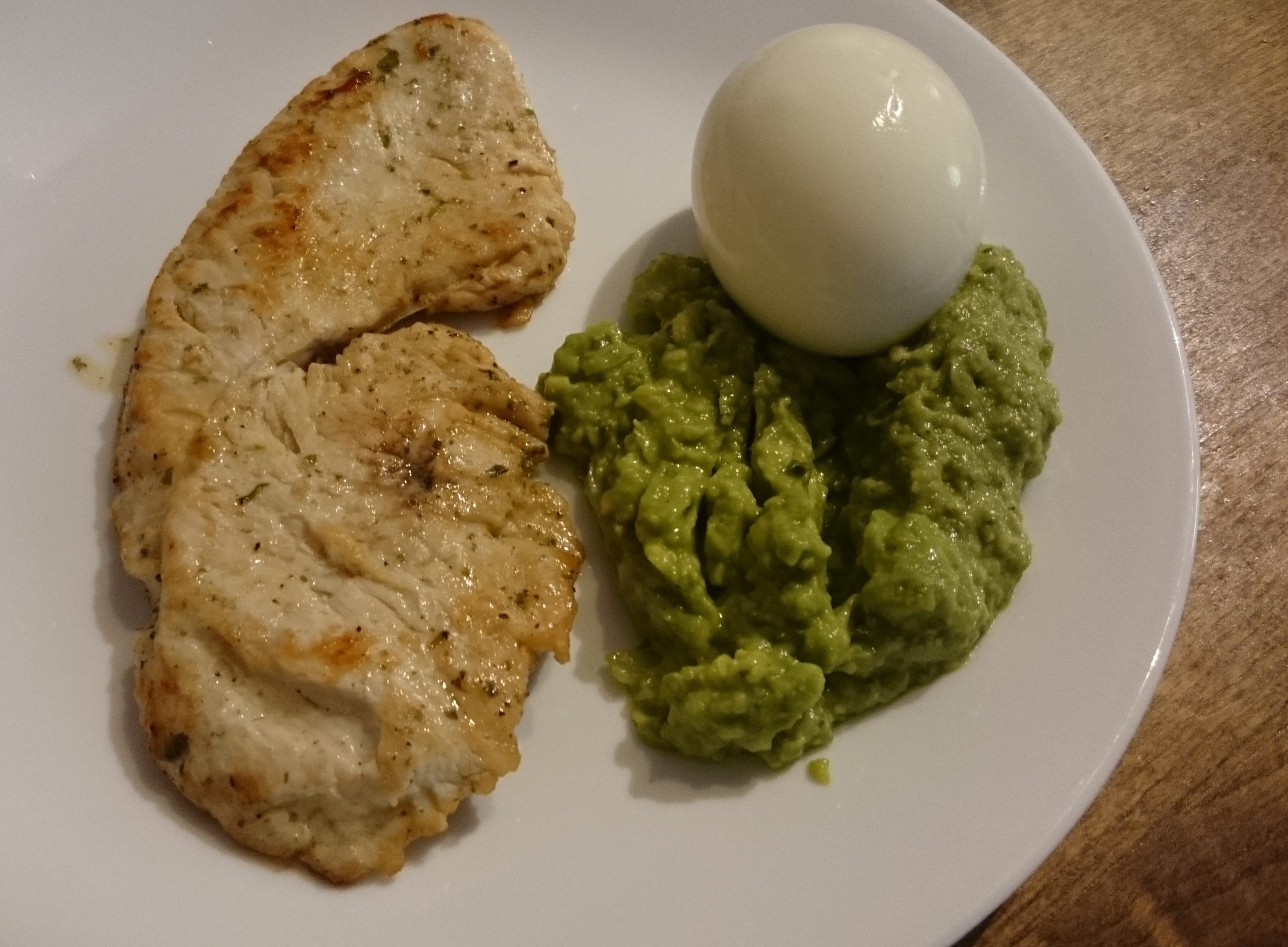
Eggs and avocados are a great source of healthy fats.
Cutting fat out of my diet will help me lose weight
This huge lie is the first of two that are largely responsible for the obesity epidemic that has ravaged the western world. Fat is an essential part of our diets and without it one can not be healthy. Your body is quite happy to use fat as an energy source and when it does so, it makes it easier for the body to access your own fat reserves for sustainable weight loss. A diet rich in healthy fats is one of the best routes to permanent weight-loss.
Sugar free food and drink will aid weight-loss
This huge lie is the second of two that are largely responsible for the obesity epidemic that has ravaged the western world. In simple terms, artificial sweeteners trigger body reactions that make people store fat.
 Many studies have compared groups who drink diet soft drinks with groups who drink normal sugary soft drinks and concluded that there was no significant difference in obesity levels between the groups. Further to this is that people who turn to sweeteners tend to develop or enhance a sweet-tooth which then leads them to prefer sweeter foods and to a further dependence on sweeteners or sugar, putting them in a vicious cycle of weight-gain.
Many studies have compared groups who drink diet soft drinks with groups who drink normal sugary soft drinks and concluded that there was no significant difference in obesity levels between the groups. Further to this is that people who turn to sweeteners tend to develop or enhance a sweet-tooth which then leads them to prefer sweeter foods and to a further dependence on sweeteners or sugar, putting them in a vicious cycle of weight-gain.
Wetin you dey chop? Talk true!
 Major Abs’ takeaway
Major Abs’ takeaway
It’s hard to tell the lies from the truth when it comes to losing weight and/or being healthy. There are some very rich and powerful interests promoting the lies and not a lot of money or power behind the truth. The industries that make billions selling sweeteners, heavily processed carbohydrates like HFCS (Click for more info) GMOs and other things detrimental to health, invest heavily in pseudo-science propaganda to promote their businesses.
So, what can we do about it?
Question everything and consider the evidence:
Think of all the people you know who drink diet drinks. How long have they been doing so? How many are slim? Apply the same thinking to other allegedly slimming habits.
Think of all the conversations you have had about diets, go back 10 years, who really lost weight and kept it off? Ask them how they did it.
Find advice that is specific for your area or demographic. For example, If you’re not in the USA, red meat is probably a healthy choice. Find out!
Find an expert to help you, don’t accept what they tell you at face value (not even Banji) question them, look for things that don’t add up and grill them further.
Most importantly, don’t lie to yourself. You’re the only one who knows what trouser size or dress size you’re wearing this year. If you need help, seek it!

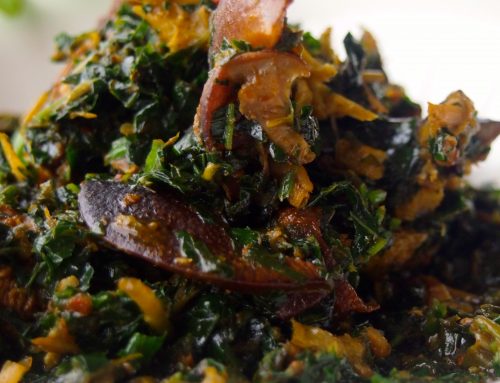
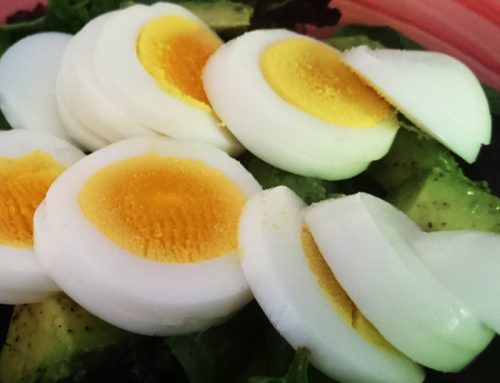

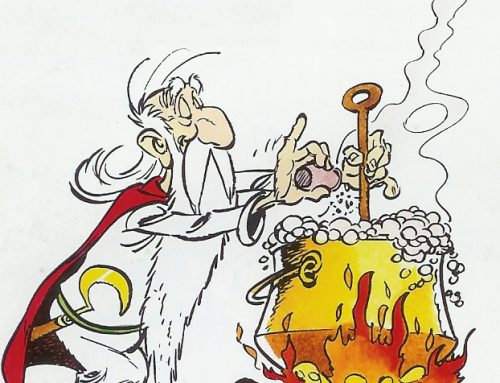
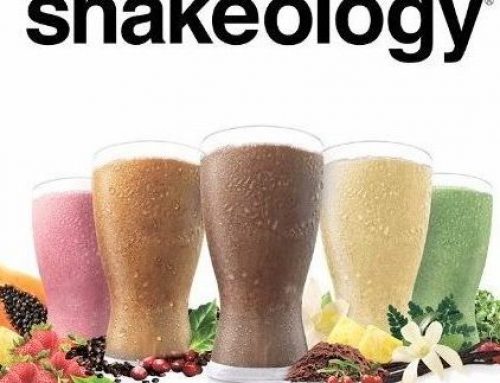
Leave a Reply